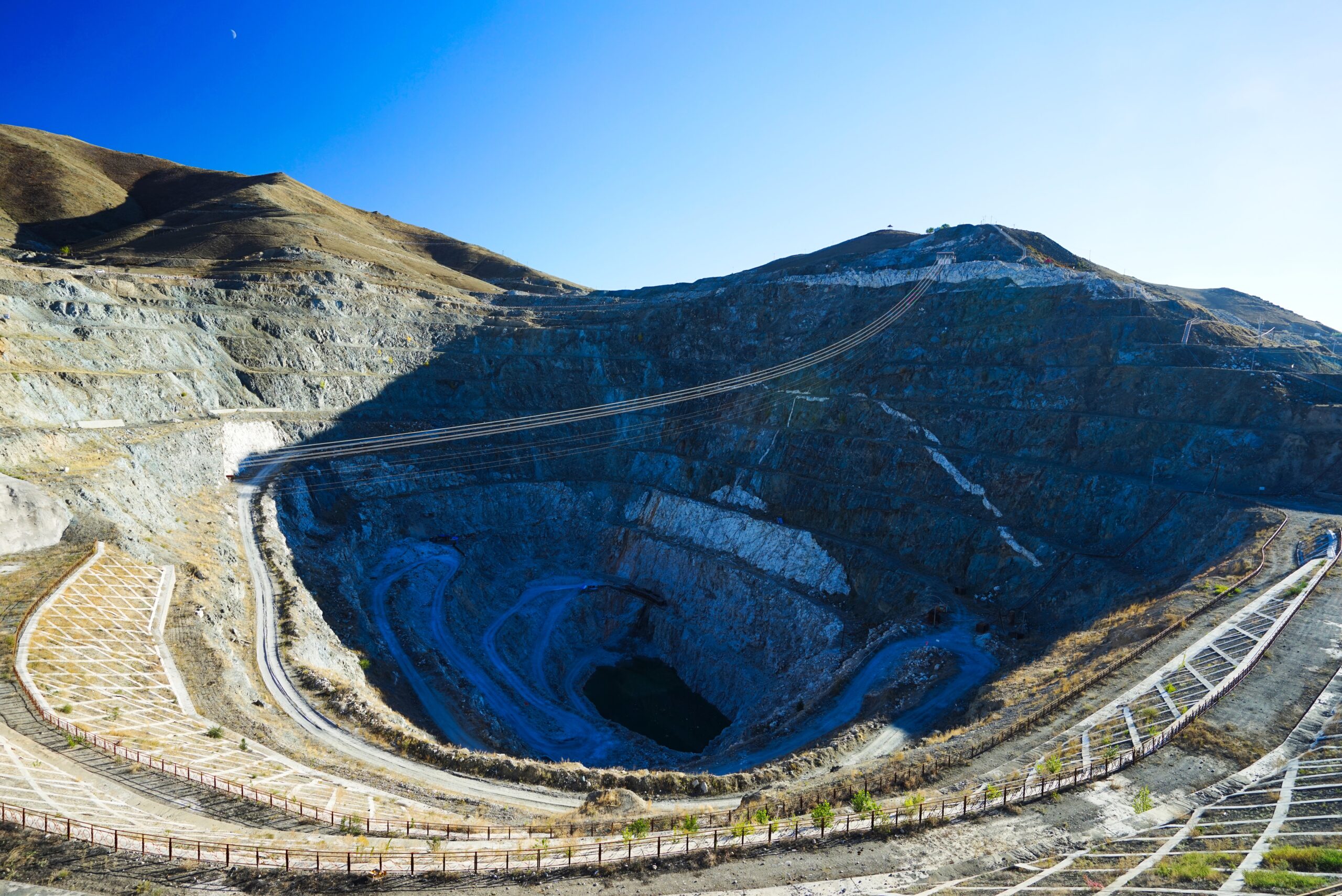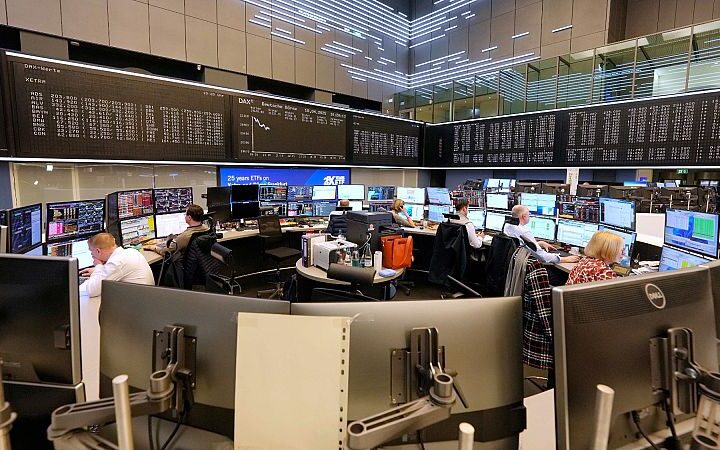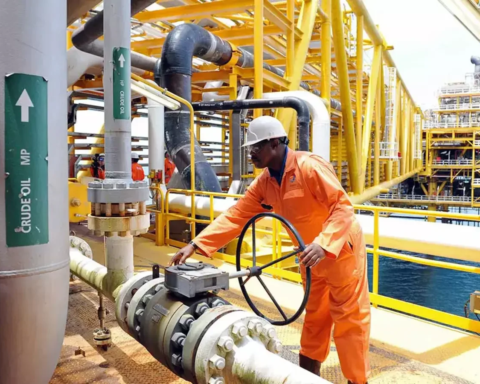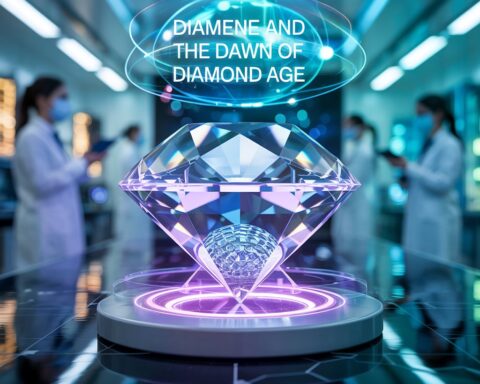In a bold countermove amid escalating tariff tensions with the United States, China has halted exports of rare earth elements, sending ripples through the American tech and defense sectors. The ban, which includes crucial elements like Dysprosium and Neodymium—vital for everything from electric vehicle motors to missile guidance systems—marks a sharp escalation in the ongoing economic standoff.
These rare earth elements, though not as scarce as the name implies, are critical for high-tech manufacturing. China controls about 90% of the global refining capacity for these minerals, giving it a powerful geopolitical lever. On Monday, China leveraged that advantage by freezing exports, a decision that could significantly disrupt global supply chains.
Although the United States has gradually reduced its reliance on raw rare earth imports from China—from 80% in 2017 to around 70% today—American manufacturers remain dependent on China for the processing and refinement of these elements. This chokepoint has exposed vulnerabilities in key industries, including renewable energy, electric vehicles, and advanced weaponry.
The move comes just days after the White House temporarily eased tariffs on some consumer electronics—a gesture now overshadowed by Beijing’s strategic resource play. The fallout has pushed U.S. policymakers to double down on partnerships aimed at breaking China’s monopoly over rare earth supply chains.
In response, the U.S. is working with allies, including India, to explore new mineral sources and boost refining capabilities. Earlier this year, the Biden administration lifted sanctions on Indian Rare Earths Ltd. (IREL), laying the groundwork for deeper collaboration. The incoming Trump administration followed up with the announcement of a “Strategic Mineral Recovery” initiative during Indian Prime Minister Narendra Modi’s visit to Washington.
Both countries have since reaffirmed their commitment to strengthening the critical minerals supply chain under the framework of the Mineral Security Partnership. This includes joint investment in mining, processing infrastructure, and R&D.
Still, experts caution that these measures may take years to bear fruit. China’s decades-long head start in refining capabilities presents a formidable challenge, especially since even the Pentagon depends on Chinese-processed components for aircraft, weapons systems, and laser guidance technologies.
Tech mogul Elon Musk, whose companies rely on rare earth materials for EVs, rockets, and more, responded to the ban with tempered concern. “Rare earths are not as rare as people think,” Musk remarked, noting that India, Vietnam, Brazil, and Russia all hold sizable reserves. However, he emphasized that refining remains the bottleneck. “It’s not about the rocks—it’s about the ability to turn them into magnets and motors,” Musk said.
As geopolitical rivalries intensify, rare earth minerals have emerged as the new oil—central to technological supremacy and national security. The race to secure them is no longer just an economic issue; it’s a strategic imperative shaping the future of global power.




























